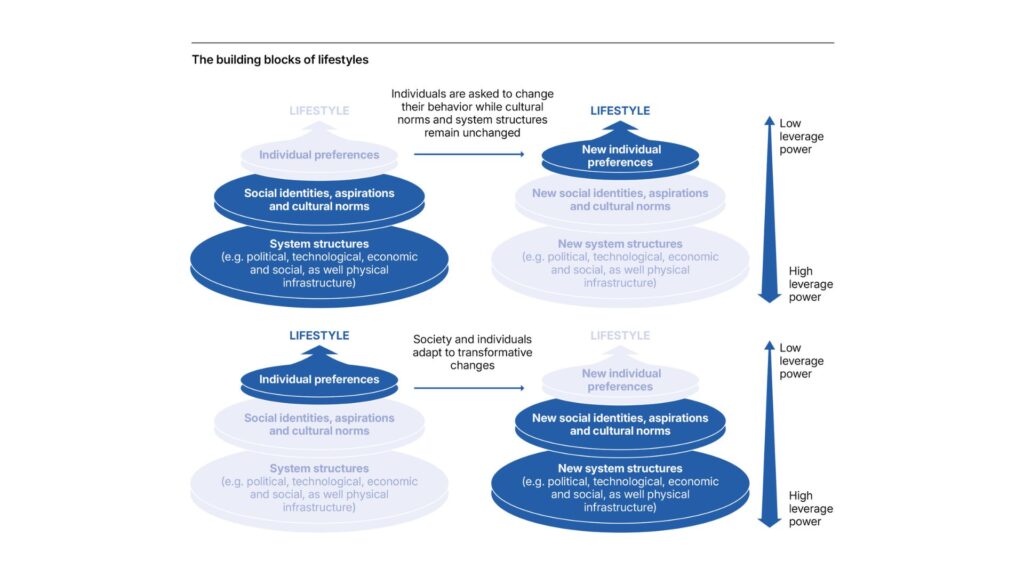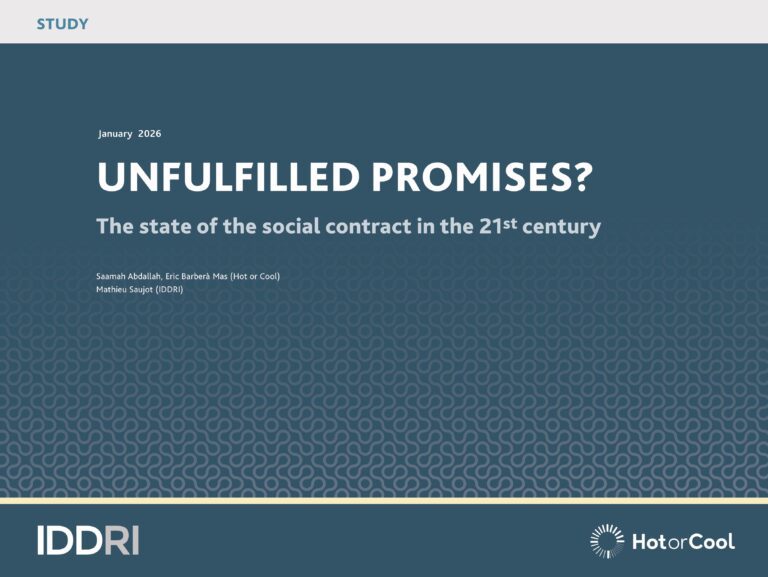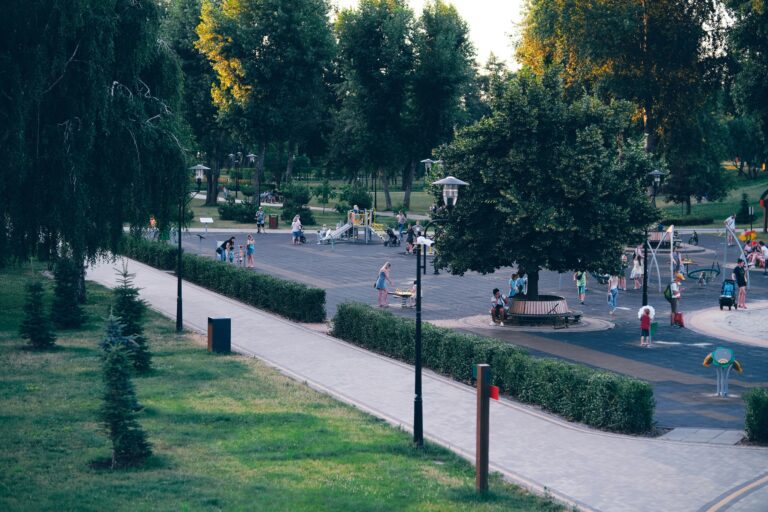07 October 2025.
The 1.5-Degree Lifestyles approach is more than just individuals and behaviour change – it is about the system that predetermines them.
Lifestyles are complex, socially shaped patterns of consumption and behaviours, reflecting how people meet their needs and aspirations. The lifestyle approach recognises that consumption patterns are shaped not just by individual preferences, but also by broader socio-technical systems. Dominant patterns of consumption and lifestyles reflect three key influences:
- System structures: Political, technological, socio-economic and physical infrastructures (and related market forces) that determine what is available, affordable and convenient.
- Social contexts and aspirations: Cultural norms, identities and values that shape what people aspire to and view as desirable.
- Individual preferences: Personal attitudes, knowledge and motivations that influence decisions regarding ways of living.
Lifestyles and choices people make are shaped by provisioning systems – the entire set of societal arrangements through which people’s needs (or wants) are met. This is not limited to supply chain and business processes, but includes economic, political, cultural and institutional structures. Currently, dominant provisioning systems make unsustainable choices the cheapest, most convenient or socially reinforced option. At the same time, widely held aspirations – driven by materialism and consumption – promote carbon-intensive lifestyles that degrade nature and exacerbate inequality. The lifestyle approach seeks to transform both provisioning systems and societal aspirations, making sustainable options available, attractive and accessible for all.
Crucially, the lifestyle approach recognises that responsibility for what lifestyle and consumption options are available for individuals goes far beyond what individual consumers or citizens can directly influence. This highlights the influential roles of policy makers, businesses and cultural institutions in shaping enabling environments for low-carbon, inclusive and nature-positive ways of living.
Read more about this in the report here.








